Principle 4
Te tangata, people, are not the masters of the mauri; we are part of the Mauri and embraced by it.
Our role is to care for the Mauri. In doing so we are cared for by it. We find peace. We are at home.
This is where we humans come into our own. We are in fact the stewards or managers of the universe. That’s really what the book of Genesis means:
“God blessed them (the first people) saying to them: “ Be fruitful, multiply, fill the earth and conquer it. Be masters of the fish of the sea, the birds of heaven and all living beings on earth.” God said: “See, I give you all the seed-bearing plants that are upon the earth, and all the trees and seed-bearing fruit; that shall be your food. To all the wild beasts, all birds of heaven and all living reptiles on the earth I give l the foliage of plants for food”.
That is not a license to destroy, until there is no more. We are stewards charged with the responsibility to ensure that life continues to thrive. It is not God’s judgement that we must fear for failing to do that. It is the generations who follows us, those who will inherit what little we have left, and the rubbish and contamination that we have produced.
We live in a “me” world; personal rights are paramount. But even very selfish people, in quiet unguarded moments, can’t ignore that there are very many people, even in their own communities, who struggle to survive, or that in taking more than they need they are eating up the future of those who will follow them. `We celebrate our creativity, our ability to innovate, and use our sense of achievement to overlook those who miss out.
This is very different to how things were in the past when individual rights were more often overlooked in the interests of the “common good”. Even that can be an excess, and needs to be watched carefully in the present times; totalitarianism still exists and seeks to completely deny the rights of individuals; we have to get the balance right.
We always need to consider what effect what we do and what we take has on those around us, not just on other people, but the whole living world of which we are a part, and the environment itself. Does what we do or what we take help the earth more that it hurts it? We have to honestly consider that. We can no longer ignore that responsibility.
As the “masters” of the universe we need to accept the responsibility of maintaining the balance needed to ensure that life on earth continues to thrive. That’s what “caring for the mauri” really entails.
Pa Ropata at Pureora Forest Nov 2019 - Photo by G Parker
Only then will we actually find peace within ourselves. We won’t have that nagging in the back of our conscience as we try to ignore the hurt and the harm that our selfishness is causing.
That doesn’t mean that we won’t be challenged at times and feel pain and loss. But a person who is at peace within themselves can cope positively with the ups and downs that life throws at us. That’s part of being alive.
Those challenges will grow. Already tens of thousands of people in New Zealand live in poverty, surviving on much less than what most of us consider the absolute minimum. That situation will continue to deteriorate, especially as more and more homeless people look to New Zealand for a home because their homes have been taken back by the ocean or because their homelands have too many people to grow the food they need to stay alive.
Those challenges have really come out into the open with COVID 19. We have suddenly been confronted with how fragile our position on the earth really is. In a few short weeks our whole world has changed, irrevocable perhaps. Things that we took for granted are no longer within reach. Most of all we have been forced to realise we can only survive if we respect one another. That extends to all living creatures; we can only survive if we stand together.
We need to focus on caring for the mauri; that gift of life that connects all living beings. That alone will enable us to meet the challenges that face us.
- Pa Ropata / Rob McGowan 2020


